-
Cambodia
We have been working in Cambodia since 2009 implementing water, sanitation, and hygiene (WASH) programs. -
Laos
Since 2014, our office in Vientiane has been dedicated to delivering water, sanitation, and hygiene (WASH). -
Viet Nam
Established in 1988, our offices in Hanoi and Danang deliver Climate Resilient WASH, Gender & Inclusive Women Empowerment, and Resilient Communities programs, and is where we incubate new programs.



